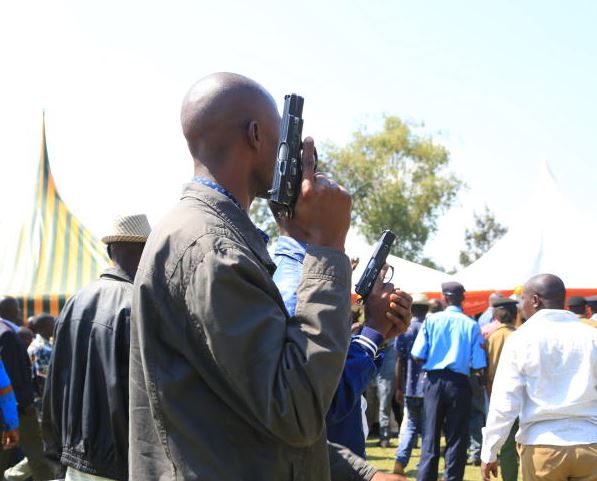×
The Standard e-Paper
Kenya’s Boldest Voice

They lurk in dark alleys and along the corridors of night clubs. Sometimes you see them idling on the streets in major towns, swinging their bulging biceps like soldiers ready for combat.
Their mean faces is a marketing strategy because any form of a smile is a sign of weakness. Others mean well, others don’t.